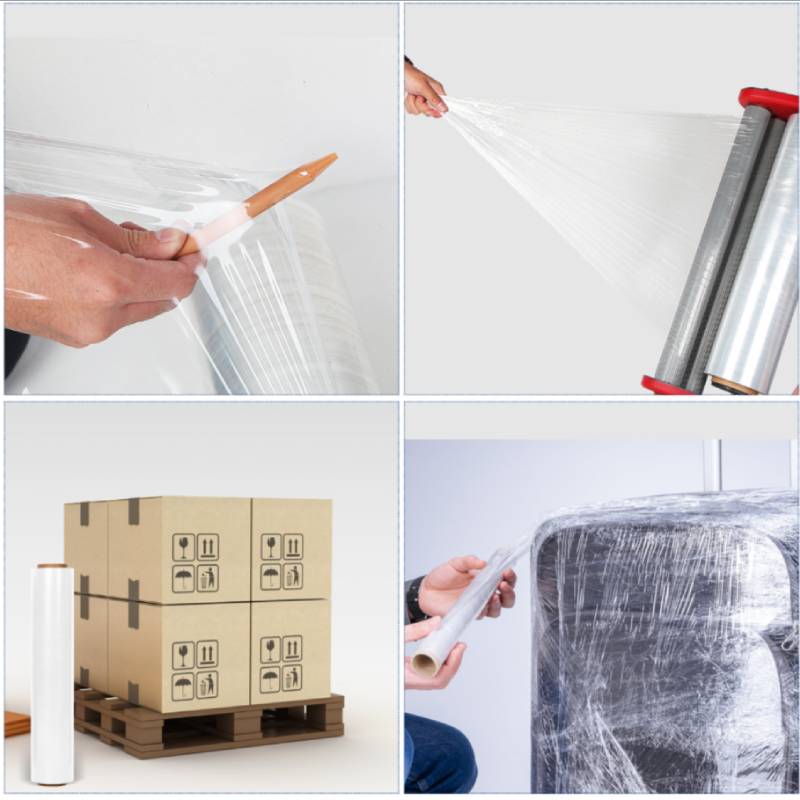plant based plastic bags
The Rise of Plant-Based Plastic Bags A Sustainable Solution
In recent years, the environmental impact of plastic waste has garnered significant attention. Traditional plastic bags, which take hundreds of years to decompose, have become synonymous with pollution, ocean degradation, and harm to wildlife. In response to this crisis, plant-based plastic bags have emerged as a promising alternative. These innovative products aim to combine convenience with sustainability, potentially revolutionizing the way we think about packaging.
Understanding Plant-Based Plastic
Plant-based plastics, also known as bioplastics, are derived from renewable sources such as corn, sugarcane, and other plant materials. Unlike conventional plastics, which are made from fossil fuels, bioplastics utilize natural resources that can be replenished. This fundamental difference plays a crucial role in reducing greenhouse gas emissions during production and minimizes the reliance on non-renewable resources.
One of the most notable types of plant-based plastics is polylactic acid (PLA), which is produced through fermentation processes that convert starch into lactic acid. This lactic acid is then polymerized to create a plastic that can be molded and shaped like traditional plastic. The result is a biodegradable material that can decompose under industrial composting conditions, making it an excellent option for single-use bags.
Environmental Benefits
The primary advantage of plant-based plastic bags lies in their environmental footprint. While they still require energy to produce, the overall lifecycle emissions of plant-based plastics are significantly lower than those of petroleum-based plastics. Additionally, because plant-based plastics can break down more easily in composting environments, they have the potential to reduce landfill waste and pollution.
Research has shown that, under ideal composting conditions, PLA can break down in just a few months, whereas traditional plastics can linger for centuries. This property not only helps in reducing waste but also mitigates the risks associated with microplastics entering our ecosystems.
plant based plastic bags

Market Adoption and Challenges
Despite their environmental advantages, the adoption of plant-based plastic bags is not without challenges. The production of bioplastics can be limited by the availability of raw materials. As the demand for plant-based products increases, concerns about land use and agricultural practices arise. It is crucial to ensure that the cultivation of bio-crops does not come at the expense of food production or biodiversity.
Additionally, consumer education plays a pivotal role in the successful implementation of plant-based plastics. Many consumers are still unaware of the differences between bioplastics and traditional plastics, leading to confusion regarding their disposal. For instance, plant-based plastic bags may not be suitable for standard recycling streams as they require specific composting facilities to break down effectively. Education campaigns are essential to inform consumers about proper disposal methods to maximize the benefits of these bags.
The Future of Plant-Based Plastics
As the world grapples with plastic pollution, the development and utilization of plant-based plastic bags present a viable solution for reducing our reliance on traditional plastics. Governments and organizations worldwide are beginning to recognize this potential, implementing policies that promote the use of bioplastics over conventional options. For instance, some cities have already started to ban single-use plastic bags, encouraging businesses and consumers to switch to more sustainable alternatives.
Innovation in the bioplastics sector continues to evolve, with research focusing on improving the performance and versatility of plant-based materials. Companies are experimenting with different feedstocks, blending bioplastics with other materials, and enhancing their properties to meet consumer demands for strength and durability.
Conclusion
The advent of plant-based plastic bags signifies a crucial step towards a more sustainable future. While they are not a silver bullet for the plastic pollution crisis, they offer a promising alternative that can significantly reduce our environmental impact. By shifting towards plant-based options, adopting new agricultural practices, and fostering consumer education, we can collectively work towards minimizing waste and building a greener planet. As the market for sustainable materials grows, it becomes increasingly important for consumers, businesses, and policymakers to support the transition to eco-friendly packaging solutions. By embracing plant-based plastics, we can contribute to a healthier planet for future generations.
-
The Best Uses for Small Trash Bags in Daily LifeNewsJul.01,2025
-
Stylish Reusable Grocery Bags TrendsNewsJul.01,2025
-
Shipping Advantages of Using Bubble Envelopes BulkNewsJul.01,2025
-
How Compostable Mailing Bags Reduce Environmental ImpactNewsJul.01,2025
-
Environmentally - Friendly Bulk Poly MailersNewsJul.01,2025
-
Eco Friendly Custom Laminated Tote BagsNewsJul.01,2025
-
Have the freedom of customizing your custom mailers any way you want! Our dedicated packaging support will help deliver you the mailing experience you need to elevate your shipping experience to the next level! Start making a strong impression on your customers and stand out from your competitors! -
LIYA uses high quality raw materials which directly purchased from large enterprises domestic and overseas such as PetroChina, Sinopec, Sabic, Equate, ExxonMobil, Dow Chemical, Total, and Borouge, ensuring the price advantage and quality of the raw materials. -
LIYA uses high quality raw materials which directly purchased from large enterprises domestic and overseas such as PetroChina, Sinopec, Sabic, Equate, ExxonMobil, Dow Chemical, Total, and Borouge, ensuring the price advantage and quality of the raw materials.





